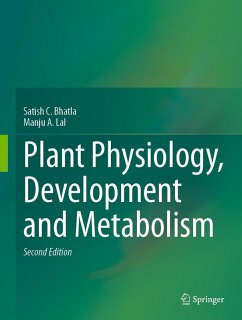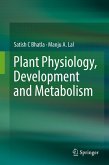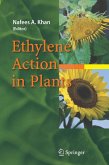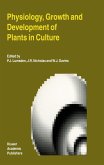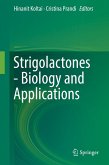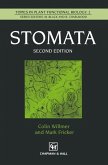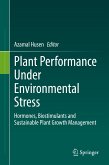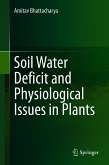The second edition provides up to date and latest information on all the topics covered while also including the basic concepts. The text is supported with clear, easy to understand Figures, Tables, Box items, summaries, perspectives, thought-provoking multiple-choice questions, latest references for further reading, glossary and a detailed subject index. Authors have also added a number of key concepts, discoveries in the form of boxed- items in each chapter.
Plant physiology deals with understanding the various processes, functioning, growth, development and survival of plants in normal and stressful conditions. The study involves analysis of the above-stated processes at molecular, sub-cellular, cellular, tissue and plant level in relation with its surrounding environment. Plant physiology is an experimental science, and its concepts are very rapidly changing through applications from chemical biology, cytochemical, fluorometric, biochemical and molecular techniques, and metabolomic and proteomic analysis. Consequently, this branch of modern plant biology has experienced significant generation of new information in most areas. The newer concepts so derived are being also rapidly put into applications in crop physiology. Novel molecules, such nanourea, nitric oxide, gaseous signalling molecules like hydrogen sulphide, are rapidly finding significant applications among crop plants.
This textbook, therefore, brings forth an inclusive coverage of the field contained in 35 chapters, divided into five major units. It serves as essential reading material for post-graduate and undergraduate students of botany, plant sciences, plant physiology, agriculture, forestry, ecology, soil science, and environmental sciences. This textbook is also of interest to teachers, researchers, scientists, and policymakers.
Dieser Download kann aus rechtlichen Gründen nur mit Rechnungsadresse in A, B, BG, CY, CZ, D, DK, EW, E, FIN, F, GR, HR, H, IRL, I, LT, L, LR, M, NL, PL, P, R, S, SLO, SK ausgeliefert werden.

